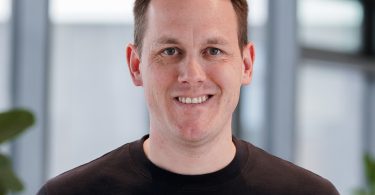The State of Our Happiness Report for 2017 shows Americans are getting a failing grade.
“Happiness in the US is on the decline. Overall, happiness is equivalent to a D+ in school,” said Chuck Bolton, the author of the study who is a reinvention coach for executives and top teams. Fortunately, anyone can program himself or herself to be happy, if they follow the right steps.
In a recently released study, “The State of Our Happiness in 2017,” 1,461 people who took an online assessment ranked their happiness a 69% on a scale of 1-100.
Assessing the 8 most important areas of life, people are most happy with family (77%) and least happy about their health and fitness (64%) and significant other (65%). Unhappiness with money wasn’t far behind (66%).
Among the report’s key findings:
• The biggest “bomb” was how dissatisfied women are with their partners or significant others. Sadly, this gap appears to grow as we age – a drop off of 15 points (71% to 56%).
• The other sizable gap was happiness with money. Men were 7 points higher than women. This may be explained by the widely reported finding that even in 2016, men are the happier sex. They scored higher in happiness than women at 71% to 69%.
• Among generational groups, Millennials were happiest at 75%. Baby Boomers followed at 69% with GenXers came last at 65%.
• Among all respondents, Millennial females and males were tied as happiest at 75%. GenX females were least happy at 65%.
“What the study confirms is we tolerate low levels of happiness. We’ve got a big problem that needs to be fixed,” said Bolton. “Happiness is our birthright. It’s time to reclaim it. We know that being happy doesn’t just make us feel better and be nicer to be around, but happiness drives success, creativity and productivity. Being happier is critical to being our best selves. Think about the price you pay when you aren’t as happy as you could be?”
“The good news is that everyone can reinvent their own happiness. 40% of our happiness is programmable by our voluntary activities – not subject to genetics or by circumstances,” he said.























